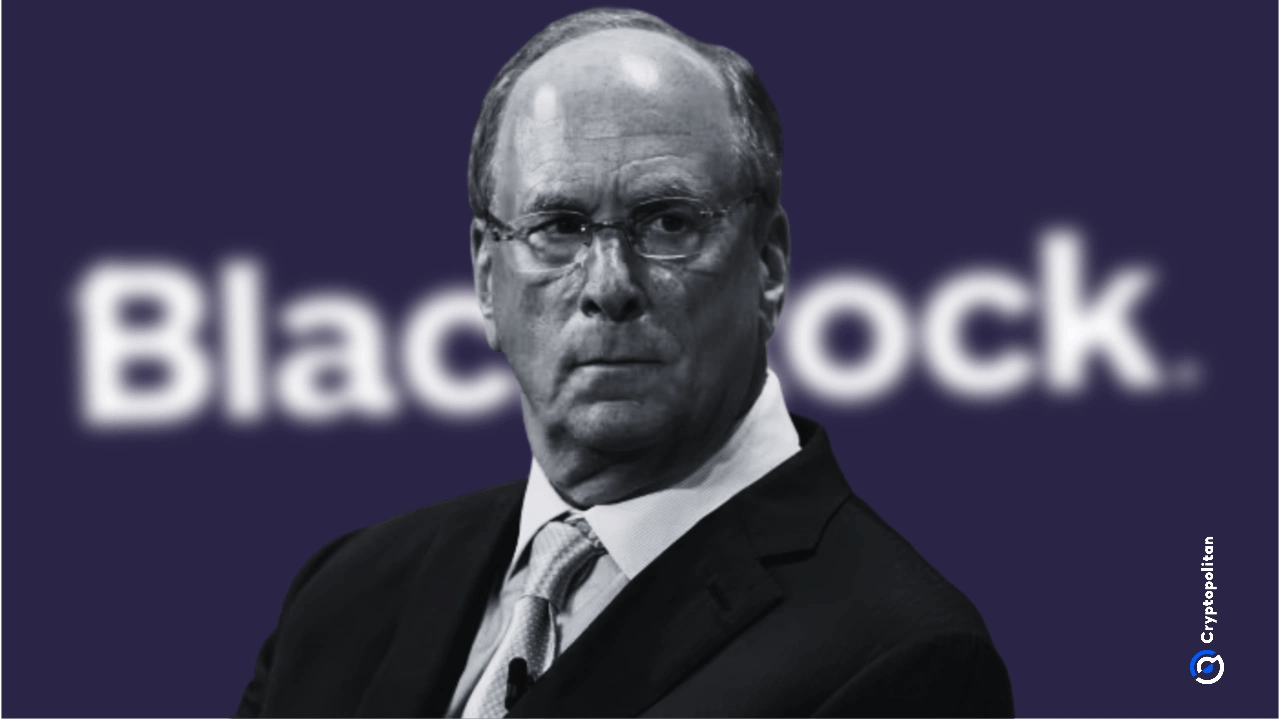Pineapple Financial Opens $100M INJ Treasury With $8.9M First Buy

Pineapple Financial said Tuesday that it has kicked off a high-profile foray into crypto treasuries by executing its first open-market purchase of Injective’s native token. In a brief post on X, the NYSE-listed fintech wrote, “Pineapple Financial $PAPL has executed its first strategic purchase of INJ from the open market, acquiring 678,353 $INJ worth approximately $8.9 Million. This is the first cash purchase in a series of planned open market acquisitions. Infinite more ahead.”
The move launches what Pineapple is calling an Injective Digital Asset Treasury (DAT) strategy funded by a $100 million private placement the company closed in September. Company filings and its press release make clear that the $8.9 million buy is the opening trade in a program designed to accumulate and stake INJ at scale, with Pineapple saying it intends to deploy the larger treasury over the coming weeks and months.
Injective itself amplified the announcement on social media, confirming Pineapple’s purchase and framing it as the start of a broader partnership with the protocol. “Pineapple Financial has started its $INJ acquisition under its DAT strategy. Approximately $8.9 Million in $INJ was purchased from the open market across major exchange, marking the first of many upcoming deployments. A $100 Million $INJ treasury to start. Infinite more ahead,” Injective wrote in reply.
Pineapple plans to stake the acquired tokens onchain, targeting a meaningful yield that the company estimates will generate a recurring revenue stream for the lender. The expected staking yield is in the low-teens annually, a rate the company and commentators say compares favorably with many other PoS networks and underpins part of Pineapple’s rationale for building the treasury.
“This initial Injective investment underscores our conviction in the strength of the $INJ token’s future and our ambition to create the world’s largest and most productive INJ treasury platform,” said Shubha Dasgupta, Chief Executive Officer of Pineapple Financial. “This transaction marks the first of many milestones, as we establish ourselves as a pioneering DAT company and work to achieve our vision to bring Pineapple’s mortgage finance business onchain using Injective’s financial infrastructure.”
Only the Beginning
The announcement is notable for two reasons: it makes Pineapple one of the first publicly listed companies to anchor a corporate treasury strategy around a single protocol token at this scale, and it signals further institutional adoption of onchain treasury models that combine market exposure with staking revenue. Pineapple and Injective both indicated that the initial purchase is only the beginning, and markets will be watching subsequent open-market deployments and the company’s disclosures around staking, custody and any lockups or onchain activity tied to the DAT.
“We’re excited to see Pineapple take this important first step in executing its Injective treasury strategy,” said Eric Chen, co-founder of Injective Labs. “By aligning its core business with Injective’s infrastructure, Pineapple is helping accelerate the adoption of onchain finance while reinforcing Injective’s role as a leading blockchain purpose-built for financial applications.”
Investors should treat the plan as forward-looking: Pineapple’s own release contains the usual cautionary language about market volatility, accounting treatment and the risks of holding a volatile token on a corporate balance sheet. Still, the development marks a clear example of traditional finance firms experimenting with tokenized, yield-bearing assets as part of a balance-sheet strategy.
You May Also Like

BlackRock boosts AI and US equity exposure in $185 billion models

Pump.fun (PUMP) Has Spiked by 200%: Can the Rally Survive?

